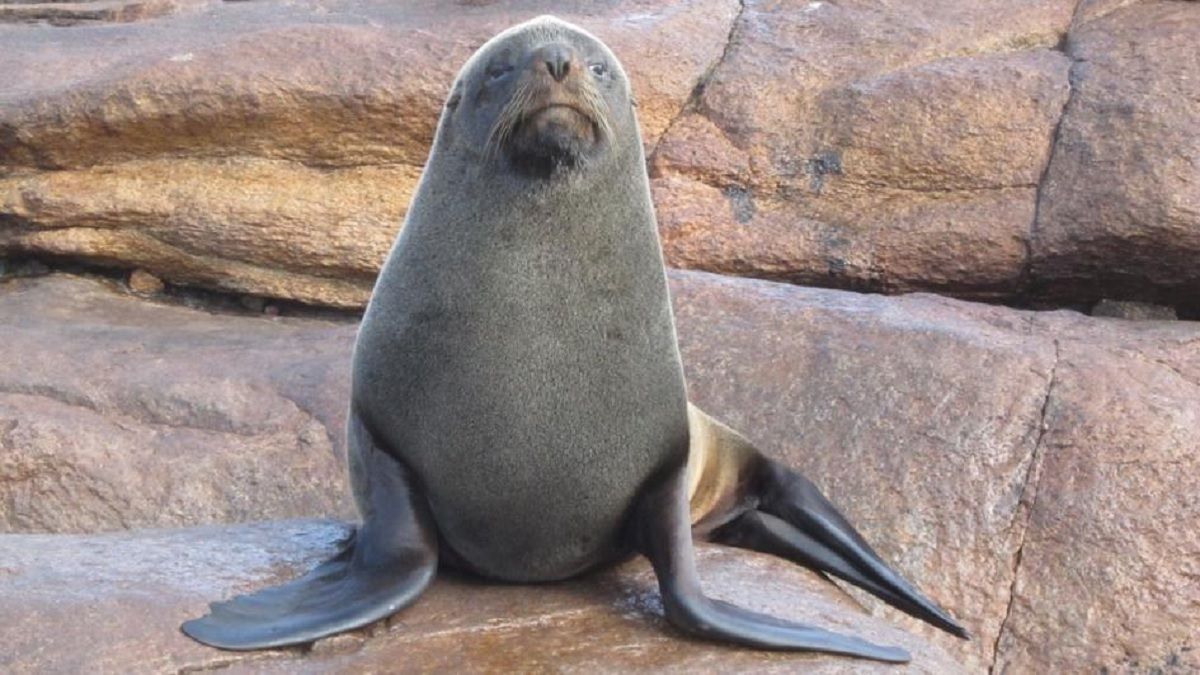The MGAP had confirmed the first case this Tuesday, and recommended avoiding direct contact with people and pets.
The NGO SOS Marine Fauna Rescue confirmed the presence of ten cases of bird flu in sea lions in Uruguay, after confirmation by the Ministry of Livestock, Agriculture and Fisheries (MGAP) this Tuesday in which they asked to avoid direct contact between people and pets.
The content you want to access is exclusive to subscribers.
The person in charge of the organization Richard Treasureconfirmed to El Observador the presence of “10 animals among sea lions and fur seals with symptoms on the entire coast: from Montevideo to Rocha”. The notifications come through the municipal personnel who clean the beaches and who communicate with the person in charge of the NGO.


Tesore assured that the situation is worrisome as long as the Wolves Island where the largest reserve of these animals in South America is found. “It is a zoonosis, it can be transmitted to dogs and to humans. It has high mortality, although it is difficult for it to be transmitted to humans,” explained the protectionist who added that the peak flu It will be in a month and we have to wait and see how it develops on the Uruguayan coast.
MGAP confirmation
Yesterday, the MGAP confirmed the first presence of the Avian Influenza H5 shit in a wild mammal. From the portfolio, they expressed that the registration “was confirmed after the corresponding analyzes were carried out by the National Directorate of Aquatic Resources and the General Directorate of Livestock Services of the MGAP” to a dead sea lion in the Cerro Beach.
https://publish.twitter.com/oembed?url=https%3A%2F%2Ftwitter.com%2FMGAPUruguay%2Fstatus%2F1699178590334488681%3Fs%3D20&partner=&hide_thread=false
The Ministry of Livestock, Agriculture and Fisheries reports that the first case of Avian Influenza H5 in a wild mammal in Uruguay was detected today. pic.twitter.com/HkqtGotmzZ
— MGAP (@MGAPUruguay) September 5, 2023
In this sense, they reported that the animal “was seen for the first time on Thursday, August 31, with compatible symptoms and was controlled until September 2, the day on which all tests were performed. corresponding swabs”. Among the visible symptoms are the lack of mobility – due to the generation of neurological problems -, as well as runny nose, tremors, and possible seizures.
On the other hand, from the portfolio they strongly recommended “avoiding direct contact with people and pets with specimens of live or dead sea lions” and, in the event of finding any animal with these symptoms, notify the mail of the National Directorate of Aquatic Resources (Dinara): infodinara@mgap.gub.uy.
Source: Ambito




